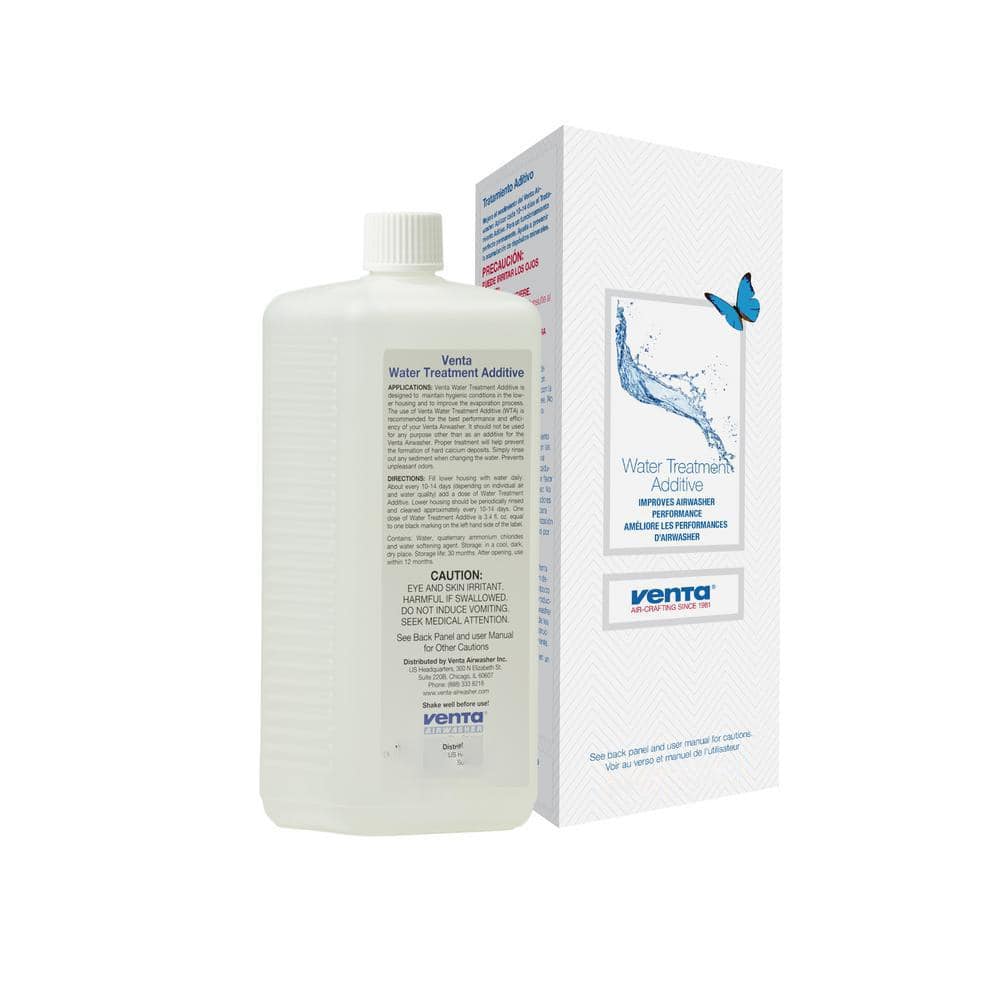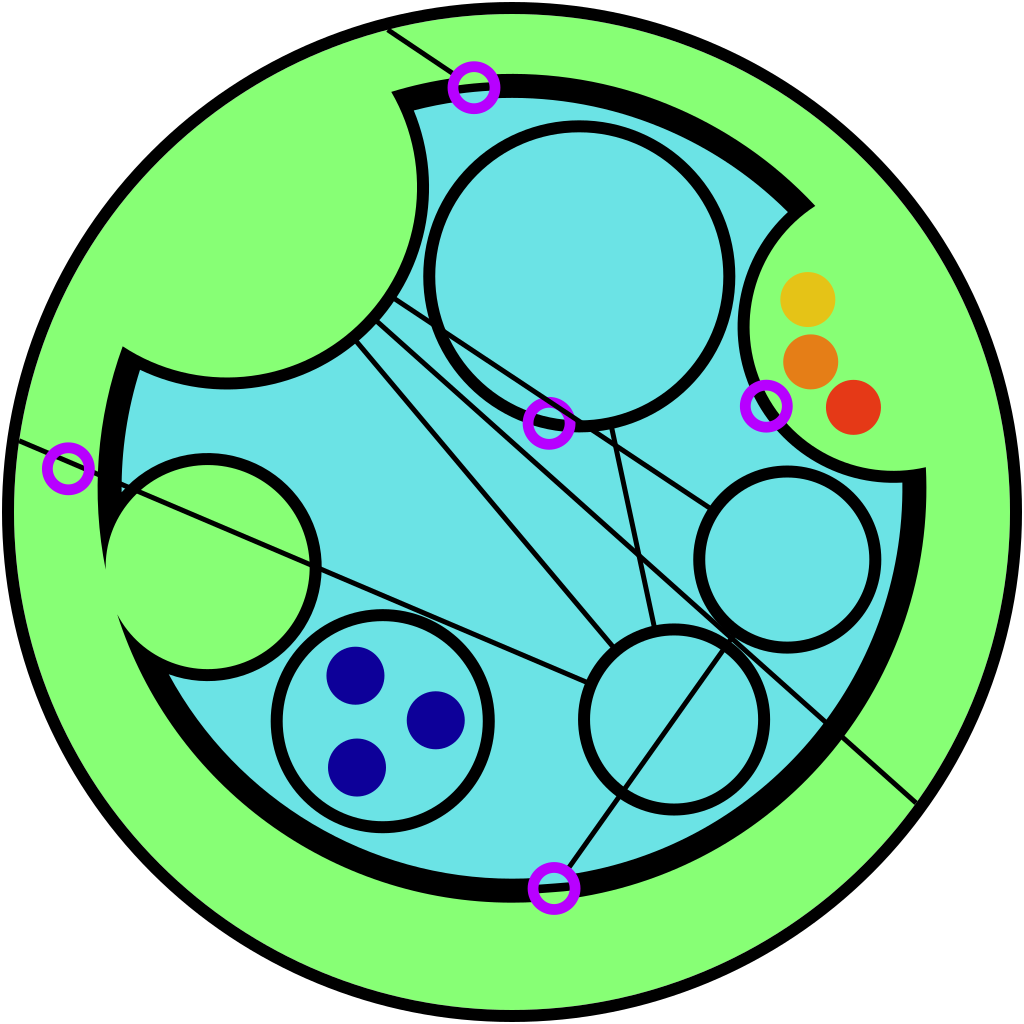Please redirect if there is a more appropriate community for this question.
I’m dealing with dry air, and the humidifiers I had bought before got the tiniest grits of dust or something in them and leaked their whole tank of water. Turns out they needed purified water or distilled water to function long term.
I just want to put tap water into a thing and get humidity into the air. Any suggestions?
Edit, they were indeed ultrasonic humidifiers.
I’ve never heard of a humidifier leaking because of not using purified water.
Humidifiers that use ultrasonic elements to vaporize water can, as I understand it, get buildup from residue. You can get a white dust from them. But I wouldn’t expect them to leak.
I’ve never had any issue with use of tap water in humidifiers. I’ve used the variety that just wicks water up into a material and has a fan blow through it. Those shouldn’t even have the dust potential.
It depends on how hard your water is. The calcium can cause any seal to not be a seal for long
I can’t think of a humidifier I’ve owned that had seals for the water, just a bucket/bowel to hold the water and a thing on top that blew air out.
I’ve had one that had a big bucket that had a valve at the bottom. If that doesn’t sit flush, I can picture it leaking pretty easily.
Could you link me to one of these bucket or bowl type of humidifiers?
This is the most recent one I’ve had, the water tank is one solid piece and the electrical bits go down into the water from the top. I had a larger one with the same solid tank with the bits on top as a kid that held a gallon of water, but that was decades ago and I don’t see anything like it on a quick search.
It cannot leak unless the tank cracks.
This is very interesting. Does it clog up with hard water?
I couldn’t remember if it cycled water or not and peeked at the user manual which is linked on that page. It says to use tap water and if it is working to slowly to add some salt!
It does have directions for cleaning if hard water causes issues, and I remember it being pretty easy to clean as we did so once a month or so.
You don’t have to add any of the vicks stuff either. We just used it as a plain old humidifier.
Why would calcium cause a seal to leak? I just searched for “calcium seal leak water” and nothing comes up.
Hard water tears up plumbing.
https://beyerplumbing.com/9-ways-that-hard-water-affects-your-plumbing-and-appliances/
If any seal, o-ring, gasket, etc… in a system comes into contact with excessive scale from hard water, the rubber is going to lose its elastic properties, get dirty, and ultimately stop working as well.
And more basic: if you attach a hard scale lump to a rubber surface, that rubber surface simply won’t seal anymore.
Also toxic to use ultrasonic vaporised tap water due to metals and contaminants
The white dust is supposedly not OK to breathe, offsetting the benefits of increased humidity.
So I guess you shouldn’t take showers
It’s not steam, it’s a mineral dust
Are you talking about an ultrasonic humidifier? AFAIK, those shoot out tiny water particles along with any bacteria that might be present, creating a health risk. You’re meant to only use distilled water with those.
I’m confused. How is putting bacteria from water in the air worse than drinking the bacteria in the water directly?
Your stomach kills bacteria etc., while your lung doesn’t have a comparable mechanism
That is simply not correct in any way, shape, or form.
https://www.nature.com/articles/ni.3069
In addition to housing an extensive retinue of cells of the adaptive immune system, the lungs have other critical defensive abilities provided by the respiratory epithelial cells. Whitsett and Alenghat describe how the respiratory epithelium juggles its role as the surface of gaseous exchange with its ability to actively combat infectious agents and harmful particulate matter. On its most basic level, the epithelium represents a physical barrier that produces mucus, which entangles and sweeps away damaging agents via the action of the mucus ‘escalator’. However, even surfactant proteins, which are involved mainly in diminishing surface tension, ‘moonlight’ as antimicrobial molecules and are able to opsonise bacteria. The respiratory epithelium is also able to directly sense pathogens and respond via the release of antimicrobial peptides or signal escalation of the immune response through their production of the cytokines TSLP, IL-25 and IL-33. Collectively, these innate processes are usually able to maintain near-sterility of the lungs without the intervention of ‘conventional’ cells of the immune system.
It’s not necessarily “more dangerous” to breathe pathogens than consume them, the issue with evaporative humidifiers is that they don’t get cleaned as much as they should so the bacteria keep growing and growing and spraying more and more into the air until they overwhelm your immune system and make you sick. By contrast, you eat something bad and it’s one and done and out of your system (usually, assuming it’s not really nasty).
You can add bacteriostatic/algaecide stuff to a tank of water, helps discourage bacteria or algae from growing in it.
I don’t think I’ve seen it coming up for humidifiers, but for evaporative coolers – which are more-or-less just very-high-throughput humidifiers – I’ve seen recommendations to stick something like that in. I use a very dilute disinfectant, can’t recall the name off the top of my head.
^ This. It’s not worth the risk, OP.
That’s why you change the water daily. If your tap water is chlorinated it can be assumed to be safe enough for atomizing.
In case you want some more info about humidifier, I recommend Technology Connections on Youtube.
Tap water is filled with minerals that get left behind when the water evaporates into the air. So your choice is purified water or you’re going to have to manually clean out all those minerals that accumulate inside the device.
Maybe get yourself a nice reverse osmosis filter. Run that water in your humidifier, coffee maker, ice maker and anything else mechanical that requires water. It’ll make all your devices last much longer. I used to have to add a little tap water to a keurig the first few times I used it because the water was so clear the sensor thought the reservoir was empty.
That purifier isn’t cheap but you probably only need a small one that produces a few gallons a day. Barring that, someone’s suggestion about boiling water in a pan is probably your best bet. The stuff in your water will eventually gum up any device you put it in.
I have a humidifier that uses electricity to vaporize water. I never remove the particles except at the end of winter when I put it away for the season. It doesn’t seem to affect the operation.
Maybe filter it first through a Brita or similar water purifier? I’m lazy and just been buying distilled water off the shelf because my well water isn’t so hot and I don’t feel like replacing four humidifiers every year. The buildup is gross.
We did think of this, apparently too late. I’m gathering from other comments that I am dealing with hard water, and the seals on my humidifiers had already crusted over when we got the Brita filter, so it did not fix the issue
Do you have a fireplace or a stove for heating anywhere? My family always used a pan of water on top of those in the winter
I wish I had a heating stove or fireplace for this purpose, but alas, it’s a gas furnace connected to a central air system
That’s incredibly expensive at todays energy prices.
Oh, I think that largely depends where you live. Some places it’s much cheaper than gas or electric to heat your home. If that’s how you were already heating your home some water on top is easy
Never had one leak, usually it’s the wick or heating elements that get crusty. Or if you have the cool mist type, everything in the room gets a dusting.
A lot of it usually comes from things like Calcium or Limestone and can be pretty readily cleaned off with some vinegar.
It was a cool mist type, so no wick or heating element. It was dirt getting into the valve that allows water to flow down from the main reservoir to the tray where the ultrasonic magic happens. Kept propping that valve open to let a constant drip of water through
edit, seems like hard water ruined the seal rather than grit messing things up
I use a humidifier by AIRCARE. A bit more doing than a simple tabletop, but nothing too complex. It’s a base unit that sits on the floor. Has a removable tank that I fill directly from the tap. I do add a bacteria/algae treatment to about every other fill. Need to replace a filter about once a month (I try to extend it a little longer). And then after the season (about 3-4 months over the winter) I clean the unit. They make different ones, and they’re generally much more powerful than a tabletop unit, albeit with a larger footprint.
Adding to this, some of the AIRCARE humidifiers are just a plastic tub, a wick that sits in it, and a lid with a fan. You’d have to break the tub to leak water.
Looking at the prices on those filters, wow! That’s like an extra subscription each winter to fix dry air. Getting one big enough to get the whole house at once seems good, but 55 to 80 dollars a month is a lot!
That’s the rub. There are generics. And they do work. Still, an ongoing cost, to the tune of 2 or 3 filters in a season. You’re right.
I honestly have not had this problem with ultrasonic humidifiers. They just need to be cleaned every couple of weeks.
I mean the cleaner the water the less often they need to be cleaned but yeah that is my experience to. Might prolong life to to use the filtered water.
VENTA’s take normal water plus their own special additive. They are pretty good if you accept to buy this extra fluid regularly.
Read the ingredients of this liquid. It’s probably just a bacteriostatic, meaning it’s simple chemicals designed to keep bacterial populations low between scheduled cleanings.
You can probably make your own by buying the ingredients and mixing them yourself. One of the most important is citric acid which you can get in the kitchen section of any supermarket; dump some in water and it makes a really good cleaning solution, and a few grains goes nice in a drink of water too (just a few grains though, it’s pretty strong stuff).
Read the ingredients of this liquid
Sure. If you tell me, I’m going to read… (no, they don’t tell)

It’s a little hard to read but I think it says:
- Water
- Quaternary ammonium chloride (https://en.wikipedia.org/wiki/Quaternary_ammonium_cation, this appears to be a disinfectant/cleaning agent)
- Water softening agent (this is the citric acid, which also acts as an antimicrobial)
There seem to be health concerns about quaternary ammonium compounds, so in looking at alternatives I found reference to hypochlorous acid which is available in product form:
Seems safe and effective: https://en.wikipedia.org/wiki/Hypochlorous_acid
There doesn’t appear to be a reason not to mix hypochlorous and citric acids - it’s not like mixing ammonia and chlorine which makes deadly chlorine gas - but I’m not sure if mixing them would improve efficacy.
Just don’t use hypochlorous acid in your dishwasher, it starts to decompose into chlorine gas (and water, but the chlorine gas is the worry) above approximately 100°F.
Ours came with this little brick thing that I think is supposed to keep mineral buildup from accumulating, but the company stopped making that humidifier and we can’t buy any more of the bricks. We’ll probably be shopping for another one next season. :(
The brick was probably just citric acid. Buy a bag from your local supermarket, you’ll find it in the kitchen section probably as a crystalline powder, and dump some of that in the humidifier water to also prevent buildup.
Fun fact, you can also run a larger amount of it through your empty dishwasher instead of those dishwasher cleaner packs; those are mostly citric acid too. Cheaper, and no horrible fake lavender scent or whatever it is they like to put in the packs.
Edit: the bricks could also have been hypochlorous acid which is available from various vendors:
- https://berkshireezbleach.com/
- https://efchlor.com/water-purification/
- https://effersan.com
Tyvm I’ll look into it
This really depends on your tap water; in some places tap water is clean enough to work, but it seems yours is not. If you want something to just set and forget, you’ll probably need to do more localised research. E.g Hardness, turbidity, etc.
I’m looking at the Honeywell HEV320BC Moisture humidifier. Seems straight, simple, and without ultrasonic vaporizer.
You can go full passive humidification with terracotta, if that’s something you’re interested in. You just need a bowl, pan, dish, or other item that can hold water, and then place the terracotta on top of it. Cheapo terracotta pots work fine, they just have to be in contact with water but not fully submersed. The more surface area exposed to air, the more it will evaporate water into the air. You can put tap water in that all day long and while it might get mineral build up, it’s not going into the air.
You can achieve the same thing with a very wet towel hung up to dry if you really need it; that’s what we’re doing right now, and it’s amazing how quickly it brings it the humidity back up.












